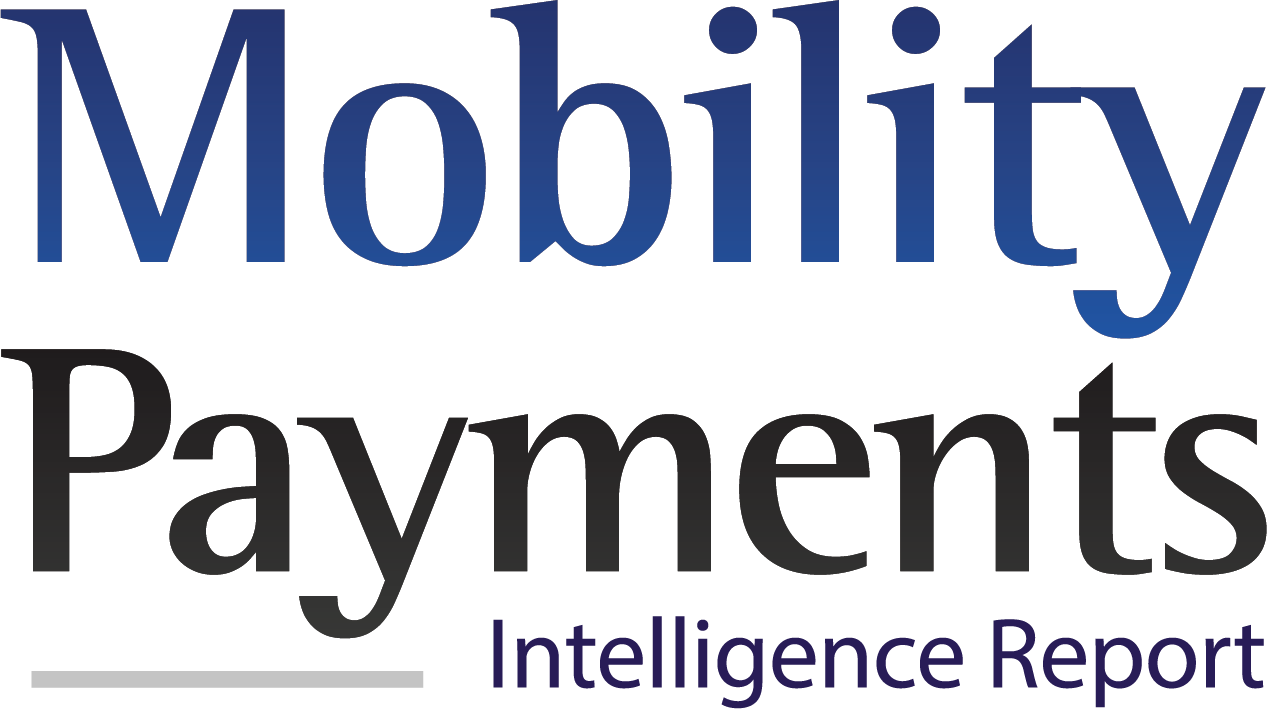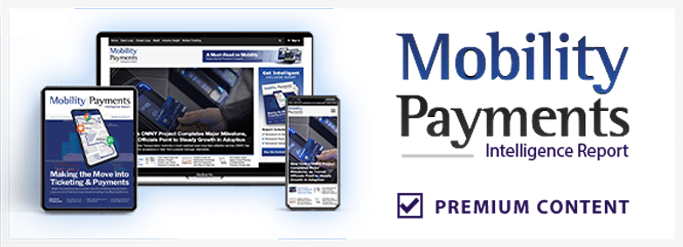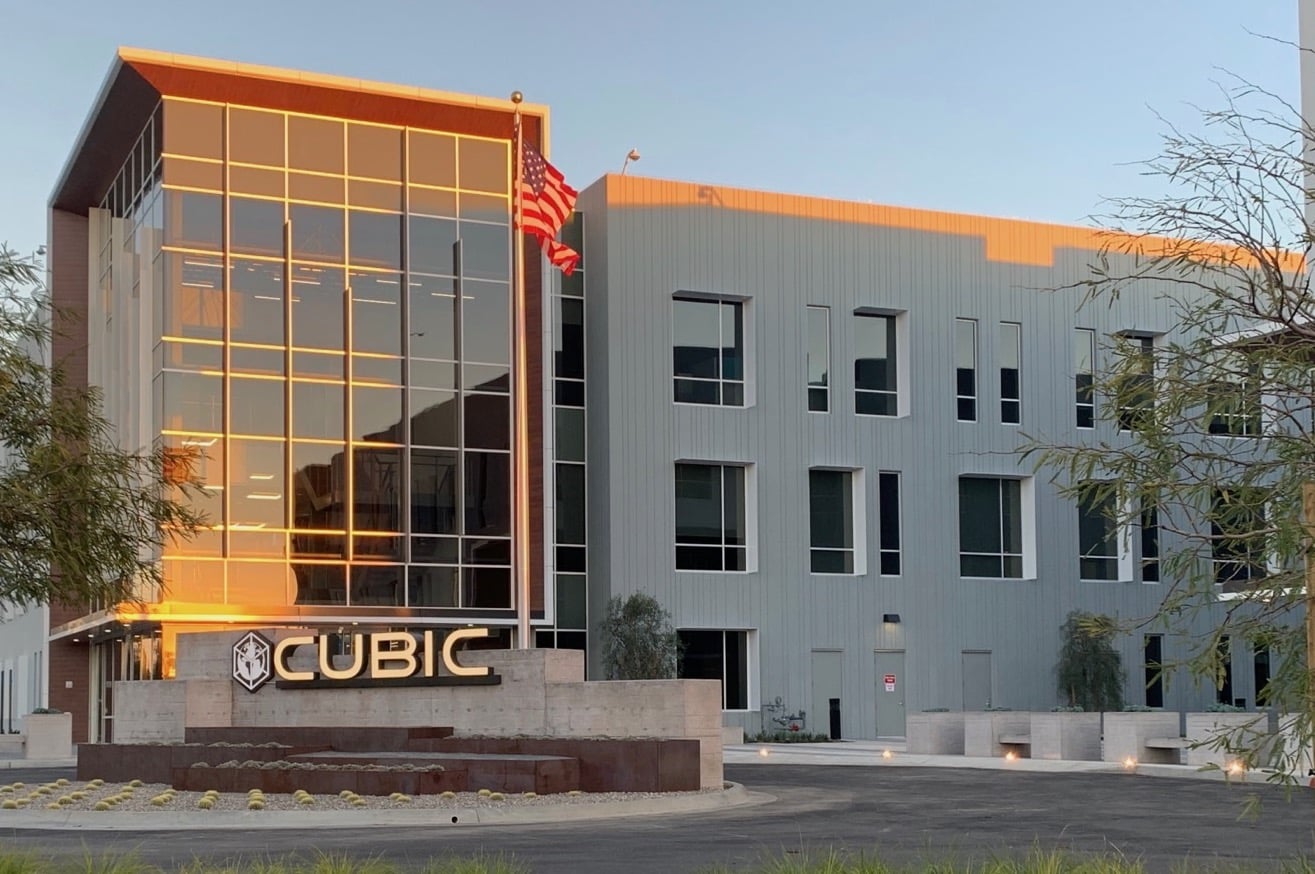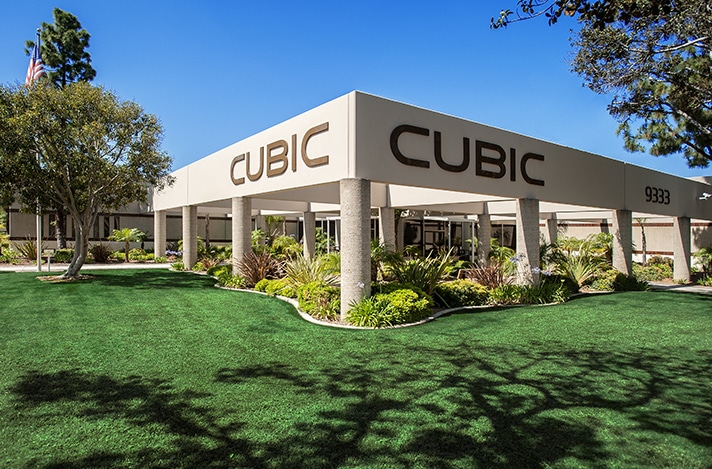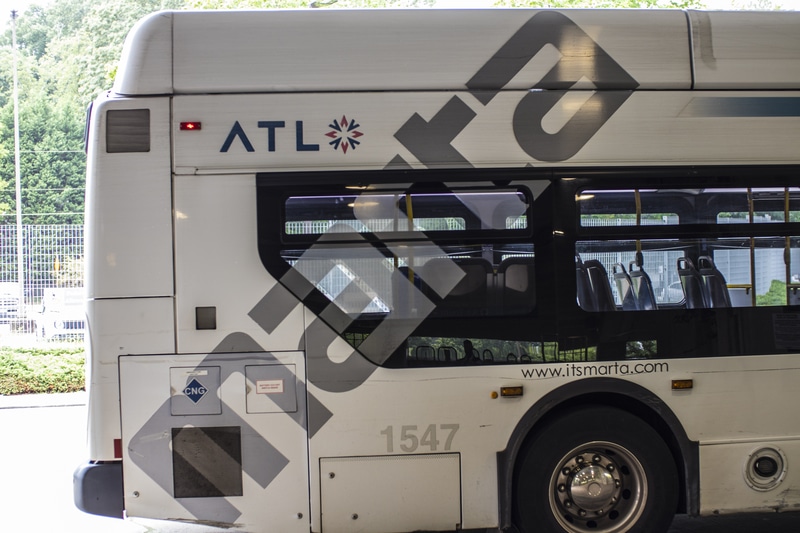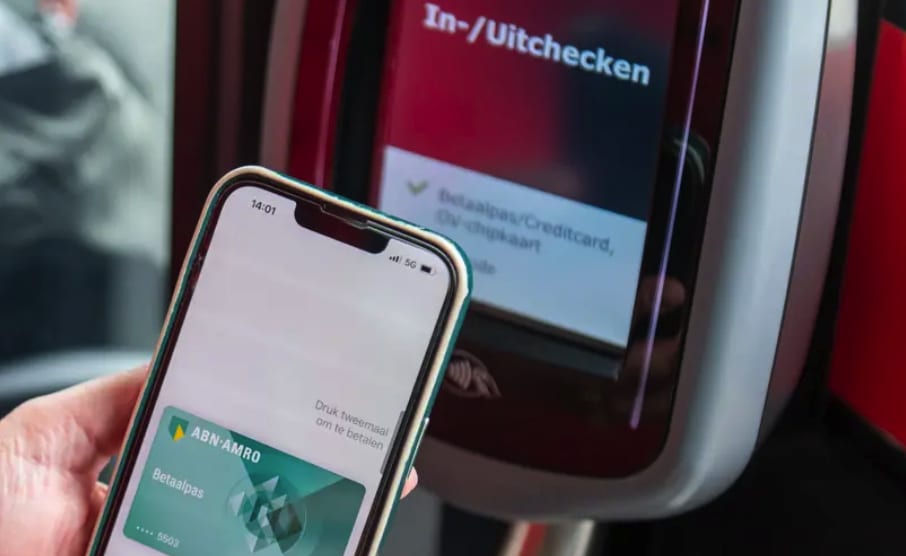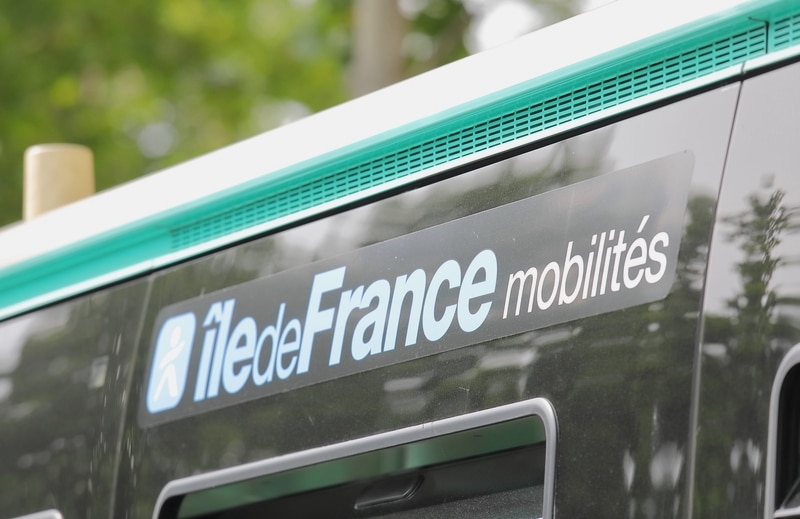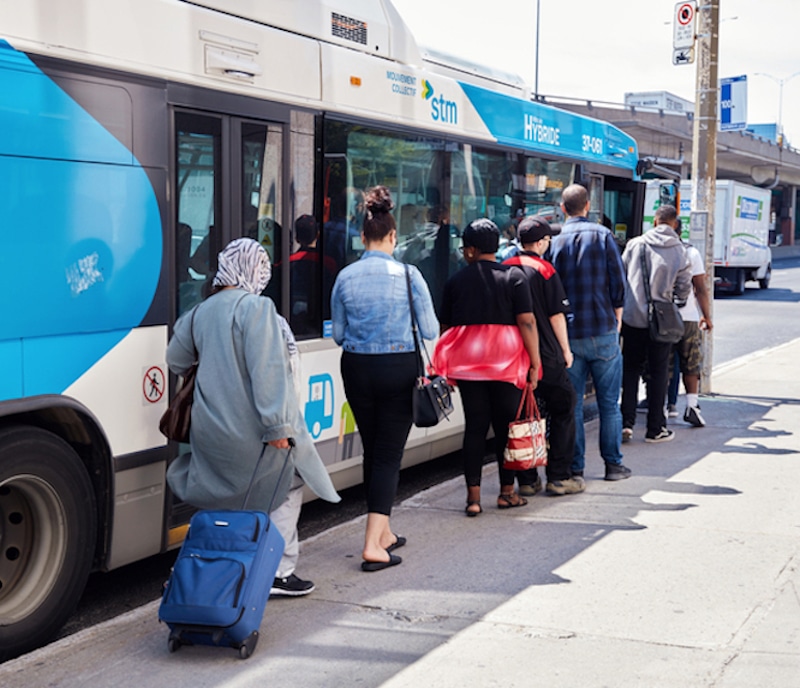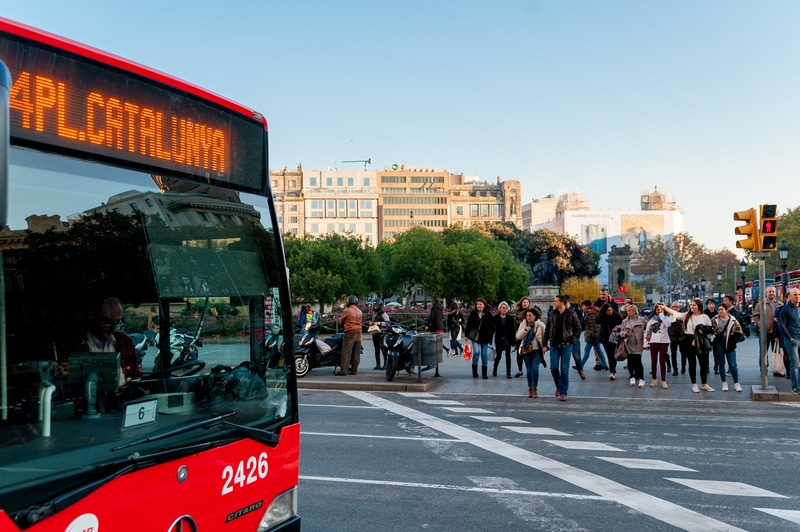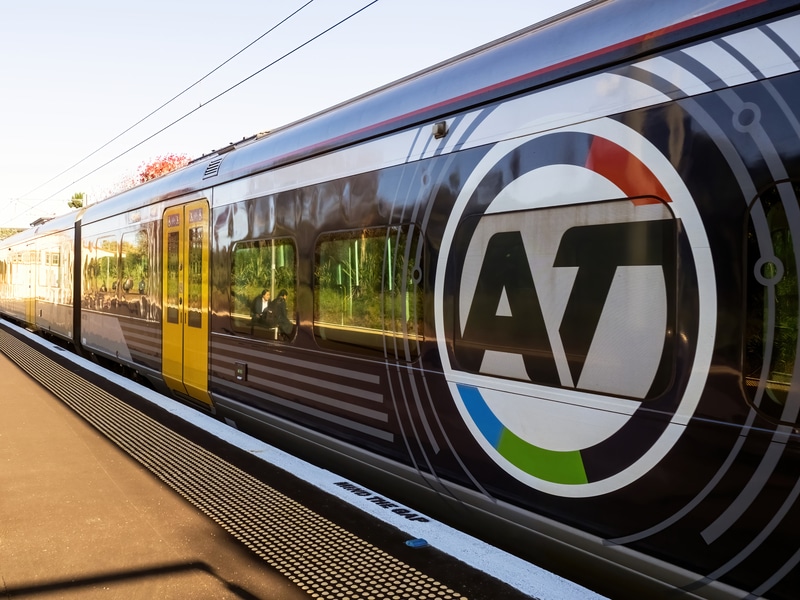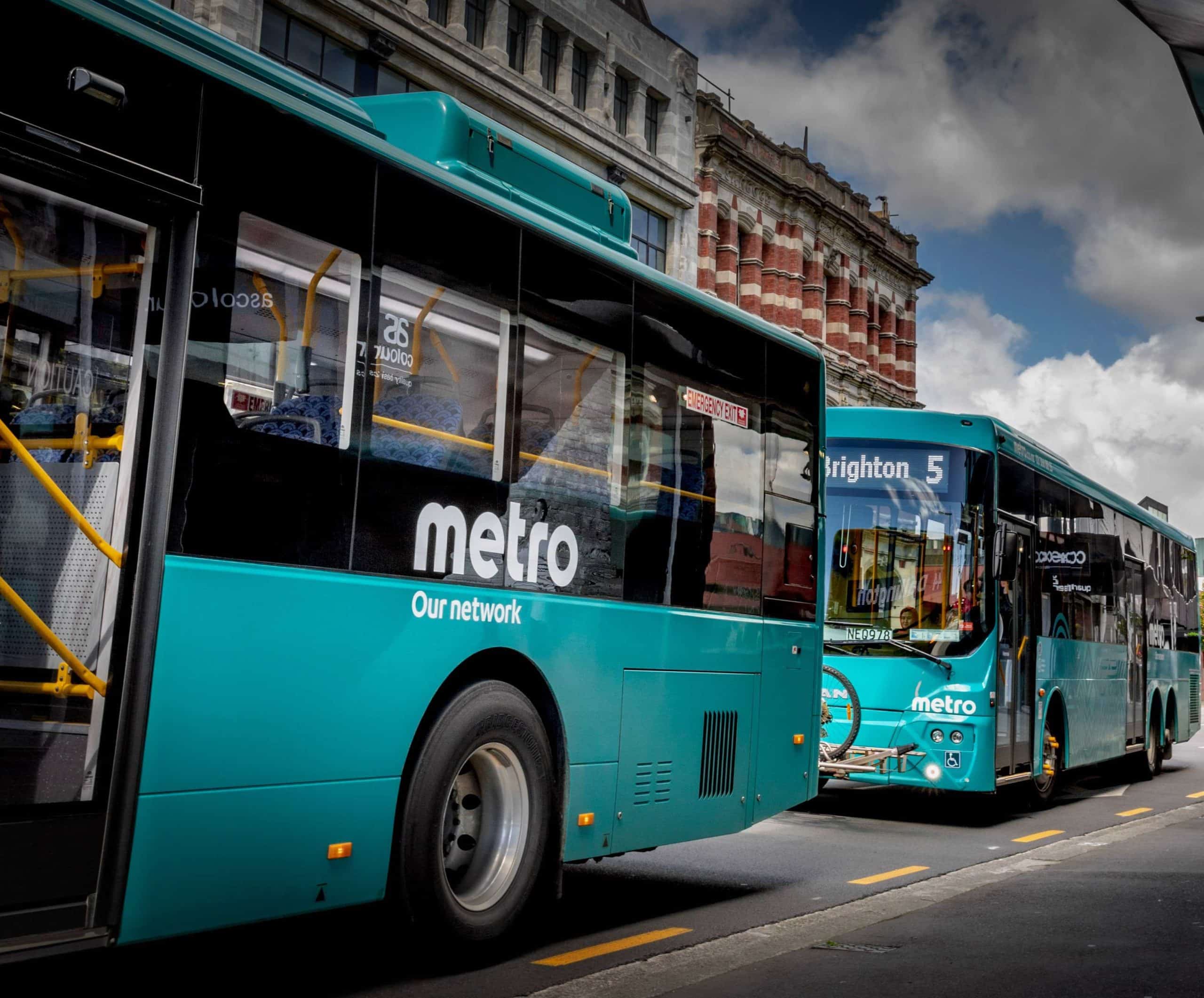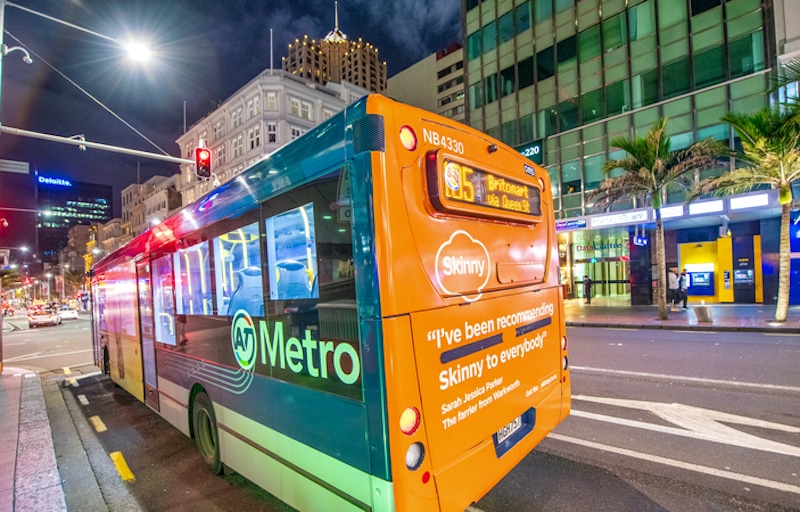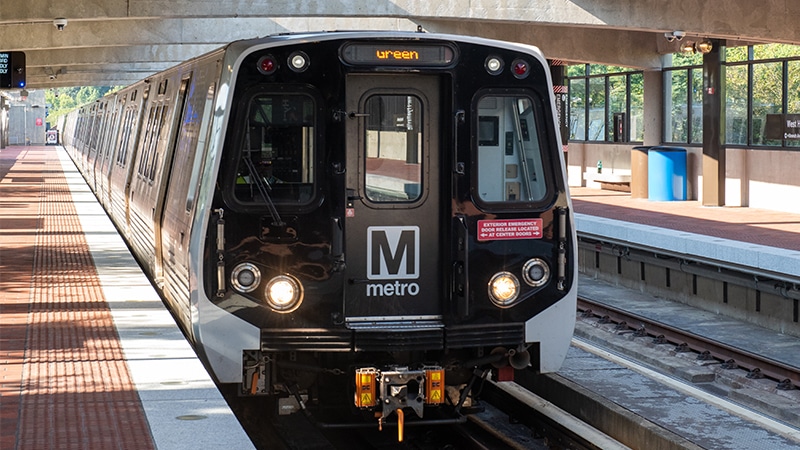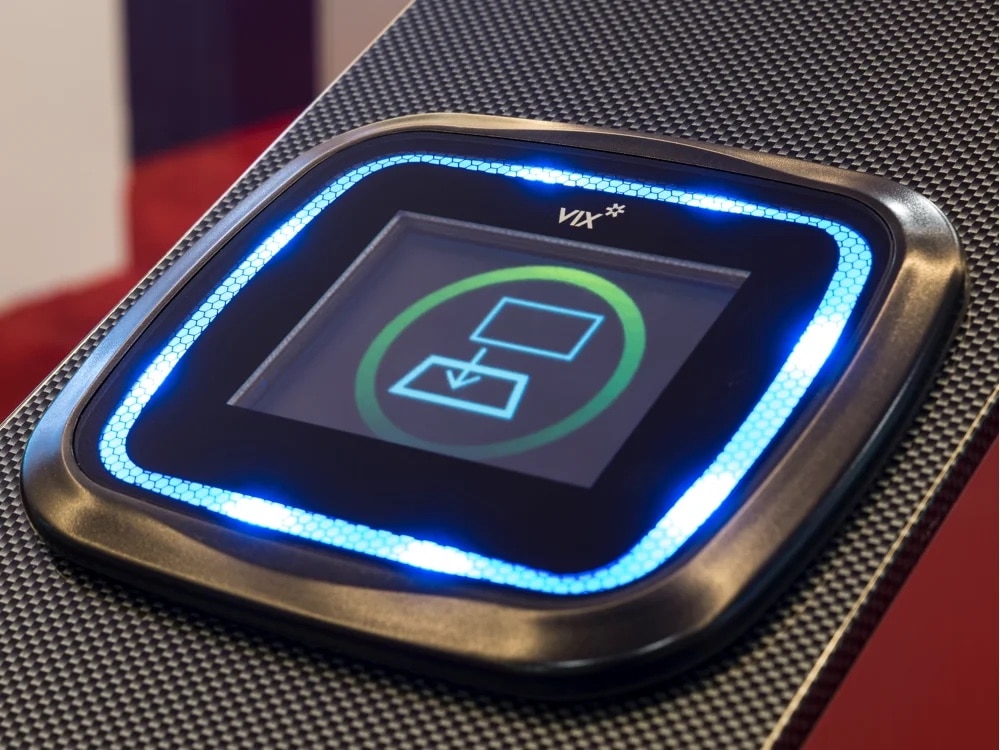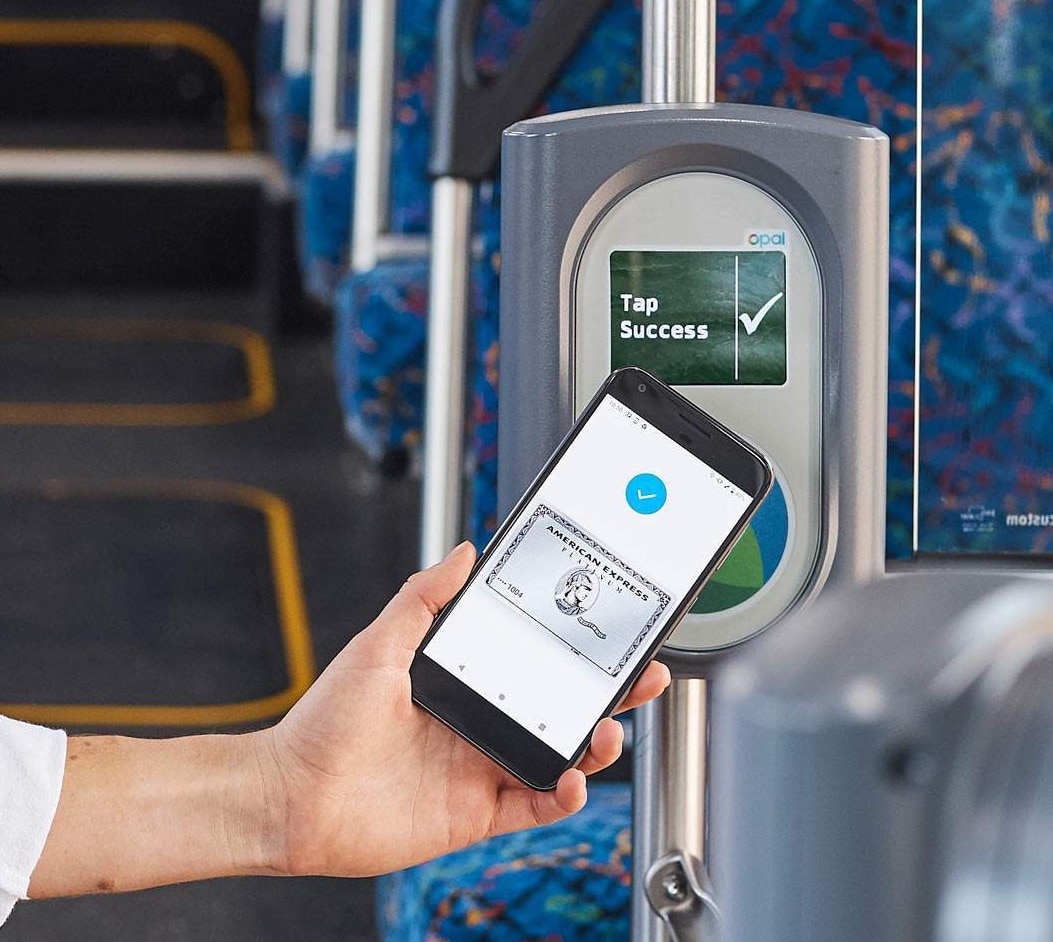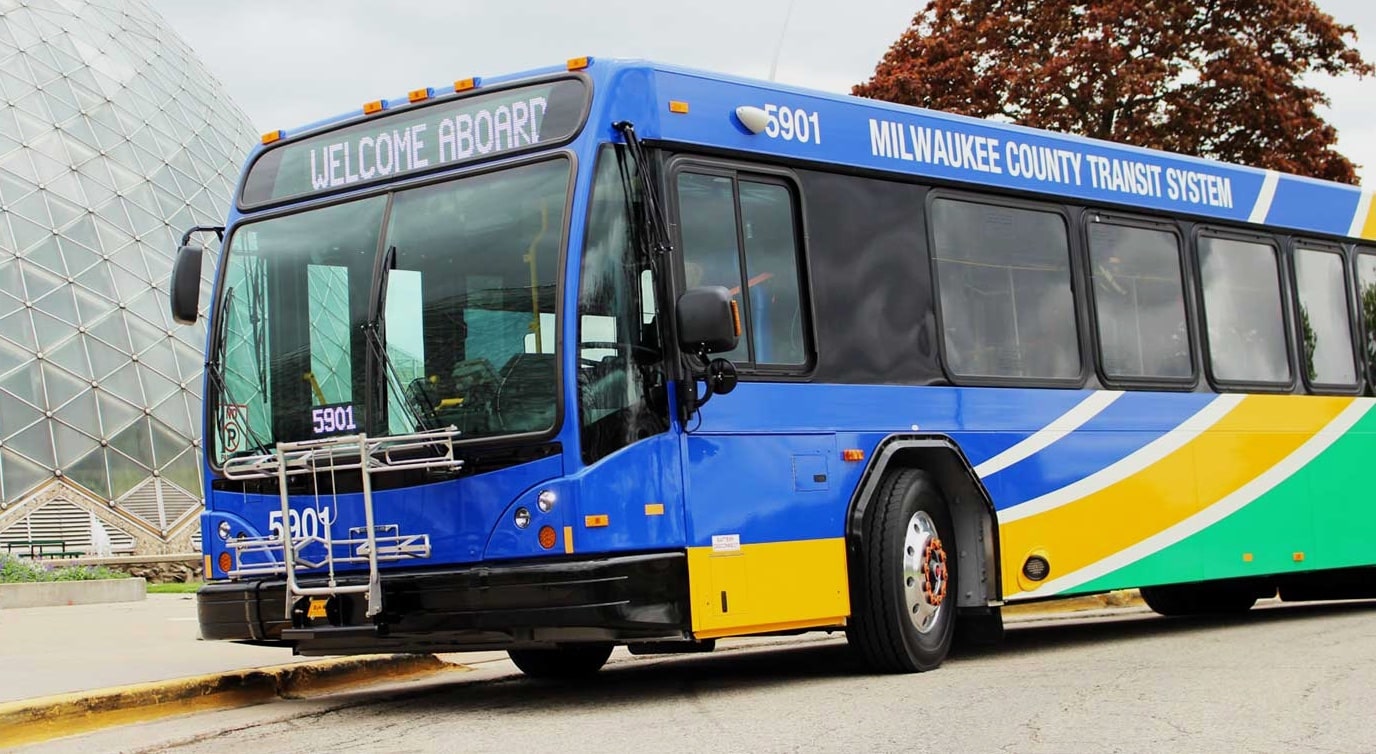
Article Highlights
The Milwaukee County Transit System has selected Cubic Transportation Systems for its new account-based ticketing system, using Cubic’s SaaS-ticketing platform Umo. Nearly all agencies using Umo to date are small.
The Milwaukee County Transit System is larger than other Umo clients that have been disclosed, with around 370 buses. The agency reported fixed-route ridership of 15.5 million in 2020, down from 26.4 million in 2019, before the pandemic, making it a mid-tier agency.
• MCTS (Milwaukee)
• MTS (Milwaukee)
• Cubic
• Delerrok
• Moovit
• Masabi
• Token Transit
• Bytemark
• VRT (Boise)
• VCTC (Ventura County)
Transit officials in Milwaukee, WI, plan to launch a new fare payments system and are believed to have chosen Cubic Transportation Systems’ software-as-a-service Umo platform for the project, Mobility Payments has learned.
